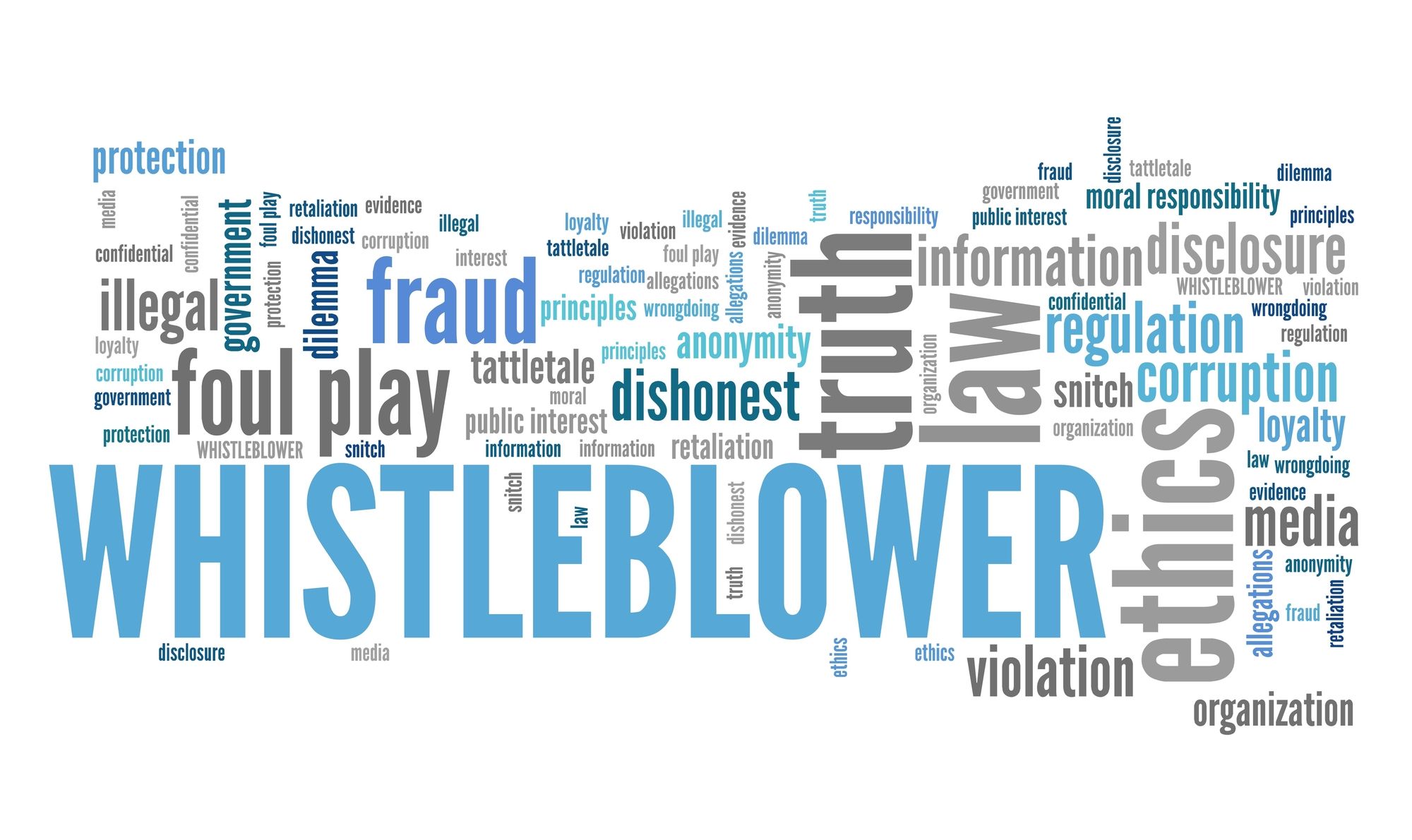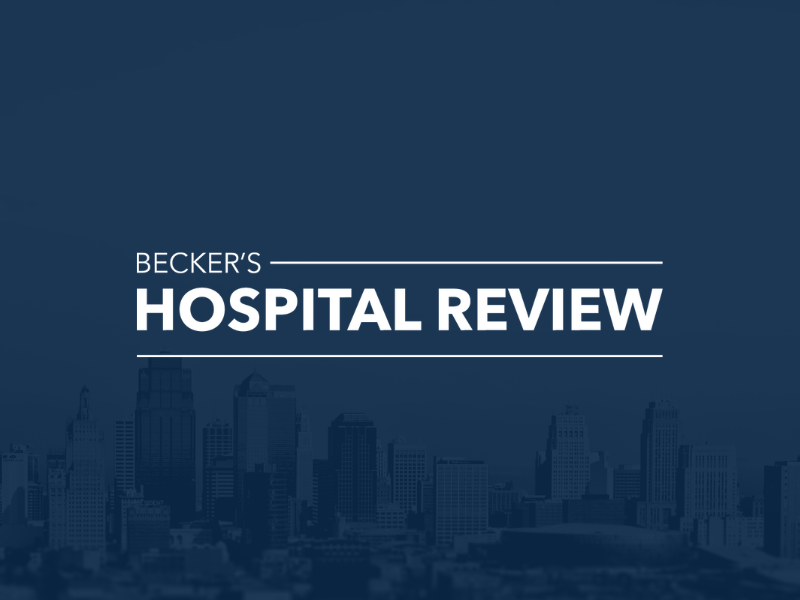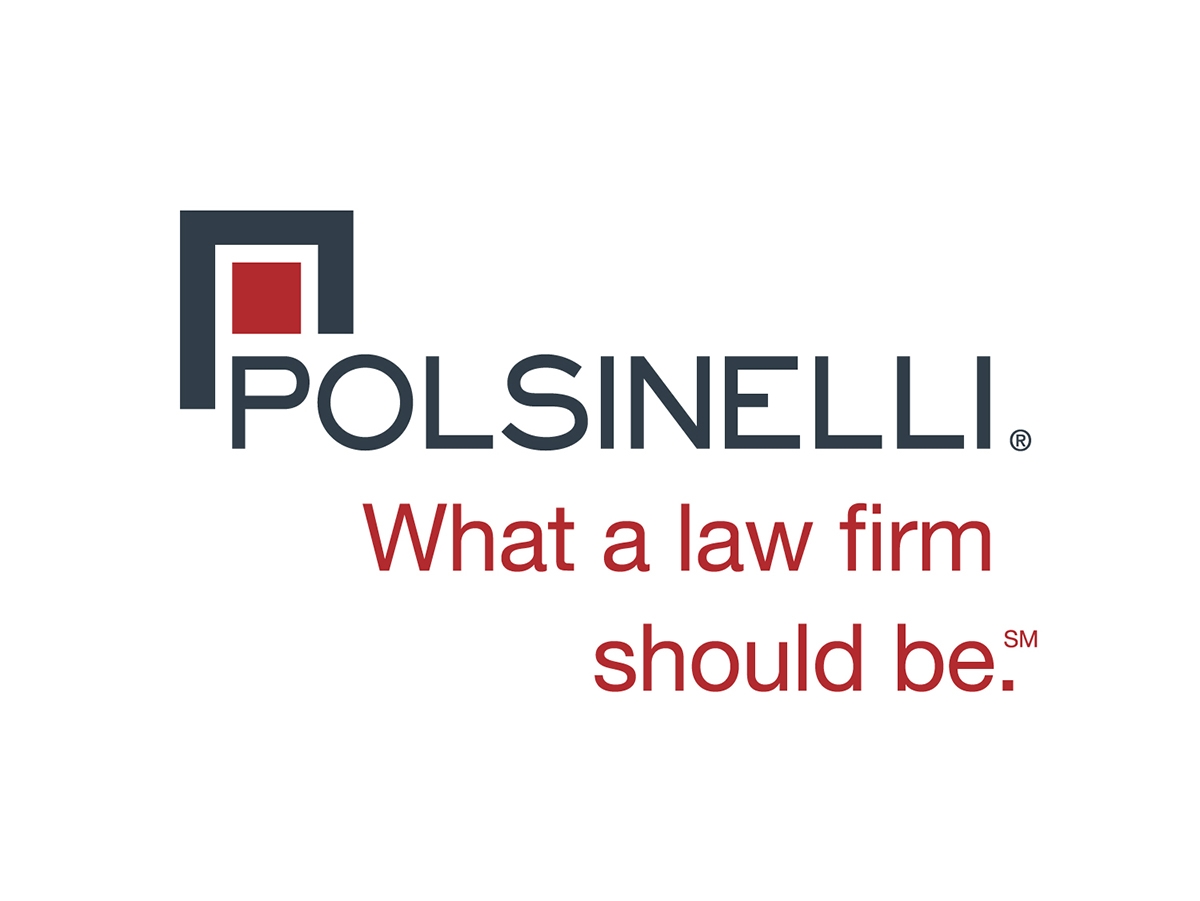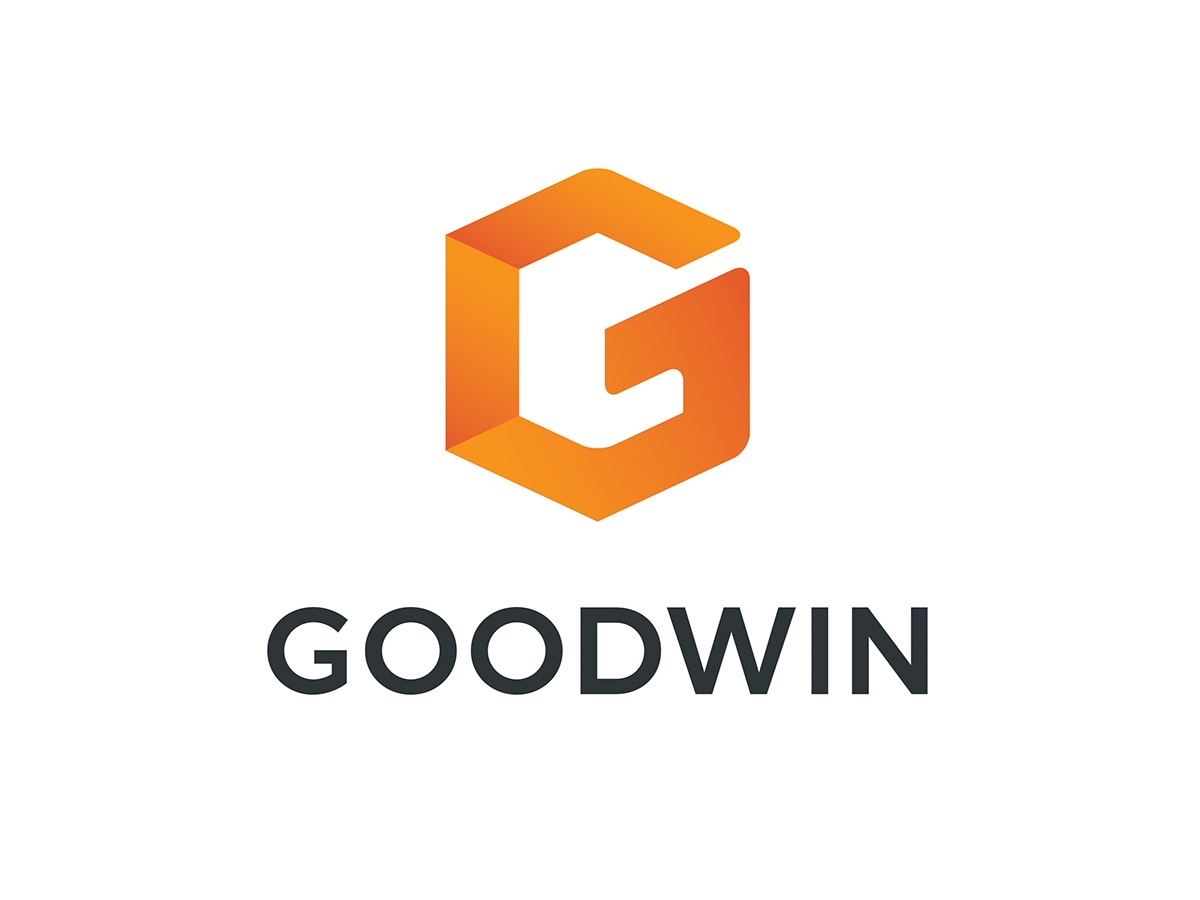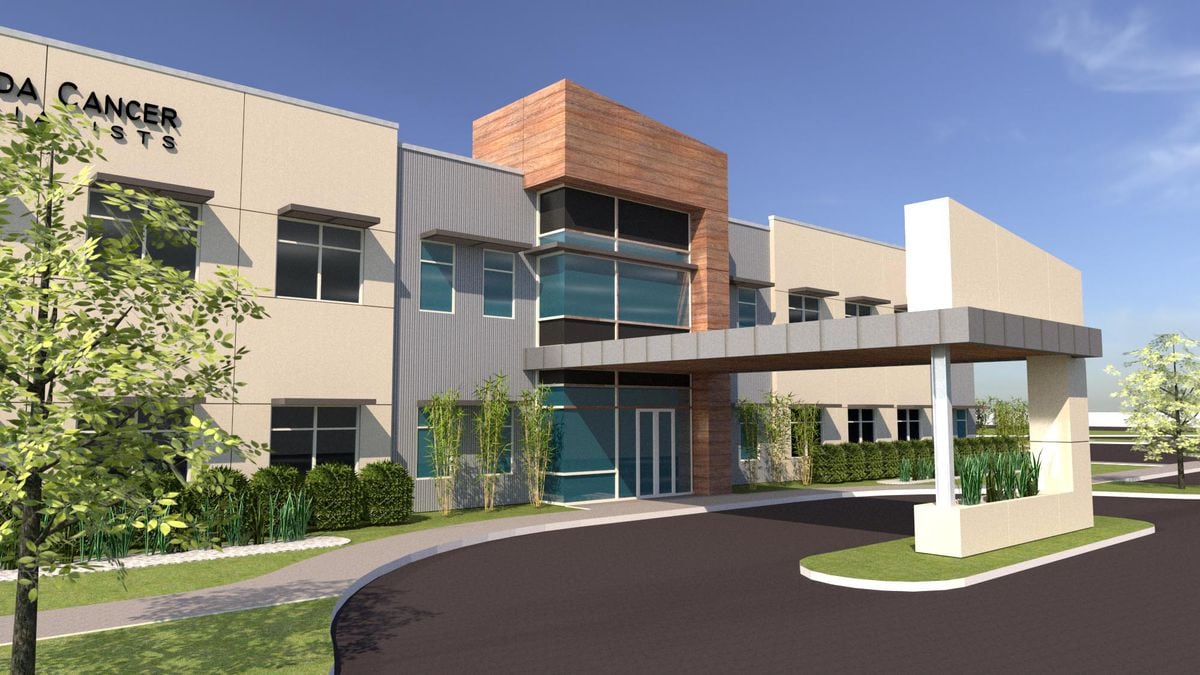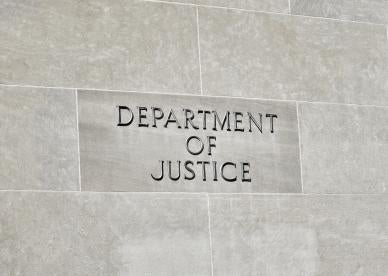- Joined
- Oct 19, 2004
- Messages
- 536
- Reaction score
- 833
News from sunny South Florida:
“The FBI has no tolerance for medical providers who stand to profit by criminally exploiting cancer patients”

 www.justice.gov
www.justice.gov
“The FBI has no tolerance for medical providers who stand to profit by criminally exploiting cancer patients”

Leading Cancer Treatment Center Admits to Antitrust Crime and Agrees to Pay $100 Million Criminal Penalty
Florida Cancer Specialists & Research Institute LLC (FCS), an oncology group headquartered in Fort Myers, Florida, was charged with conspiring to allocate medical and radiation oncology treatments for cancer patients in Southwest Florida, the Department of Justice announced. This charge is the...


